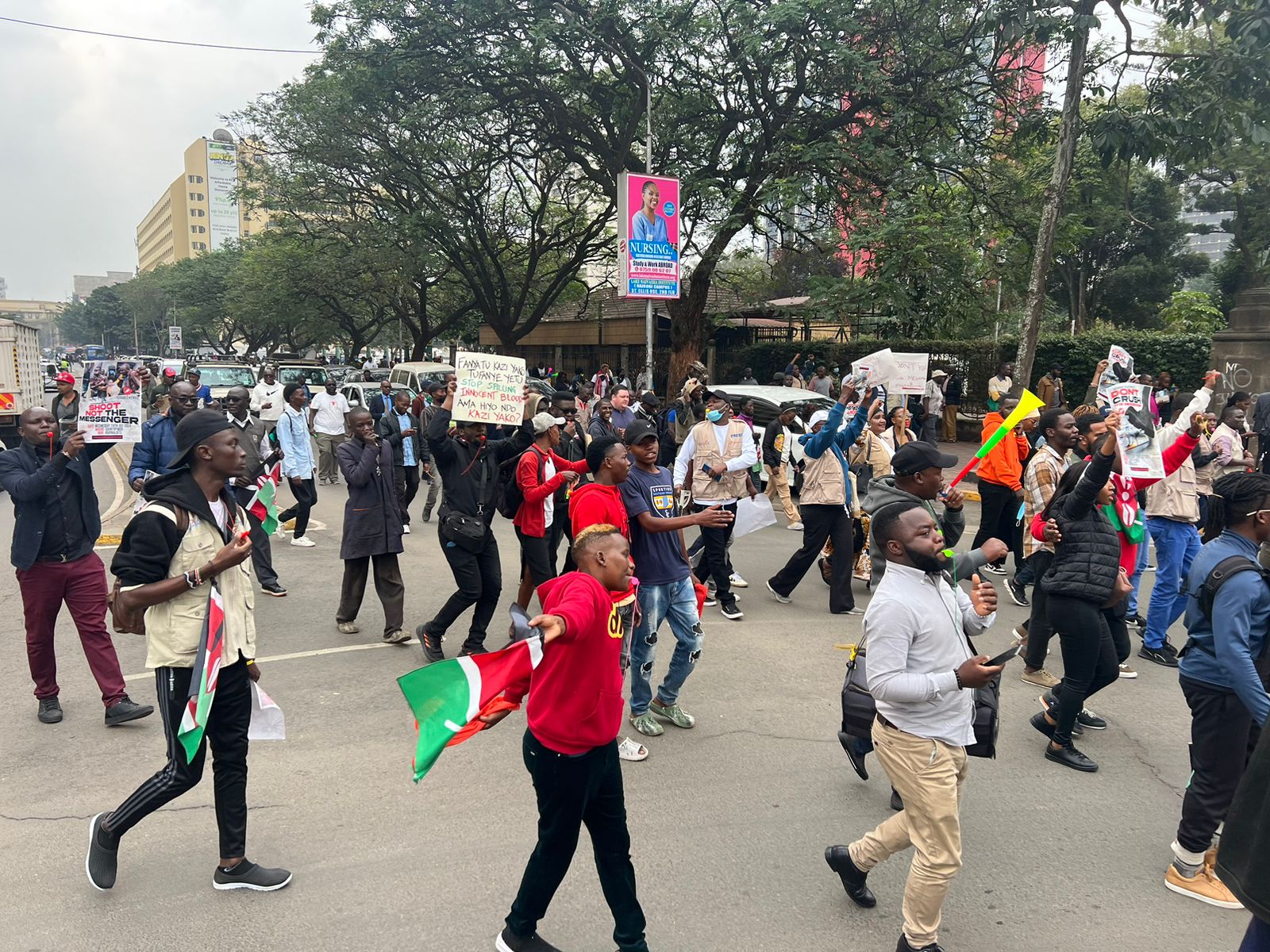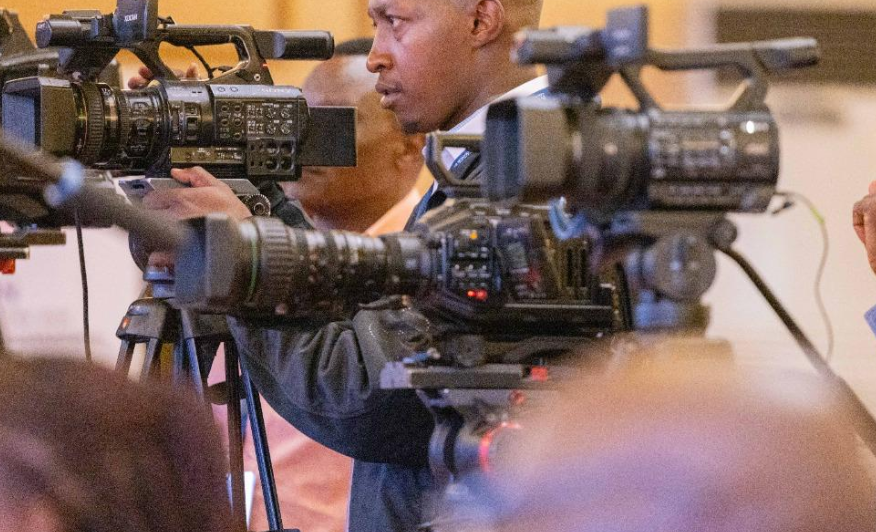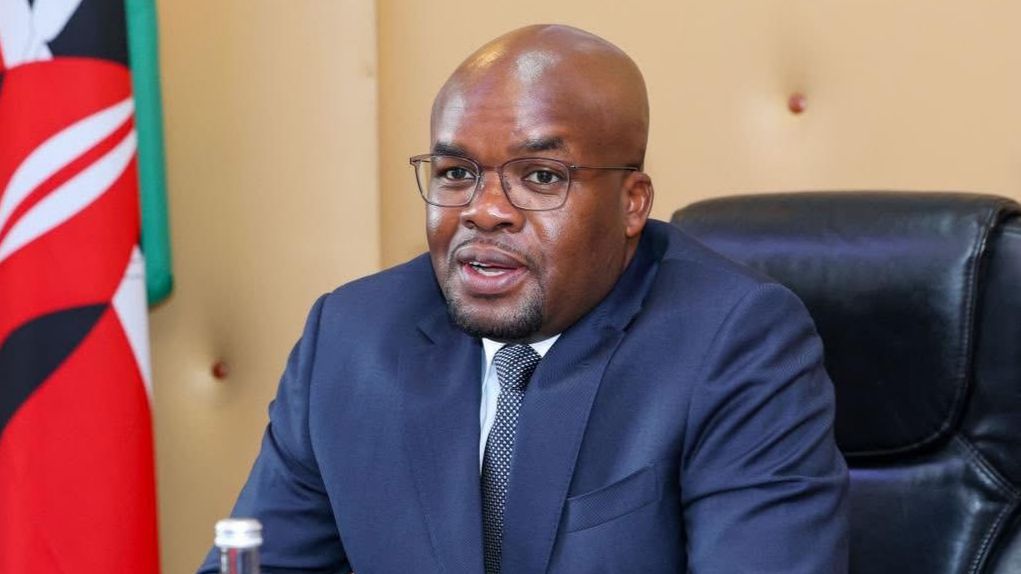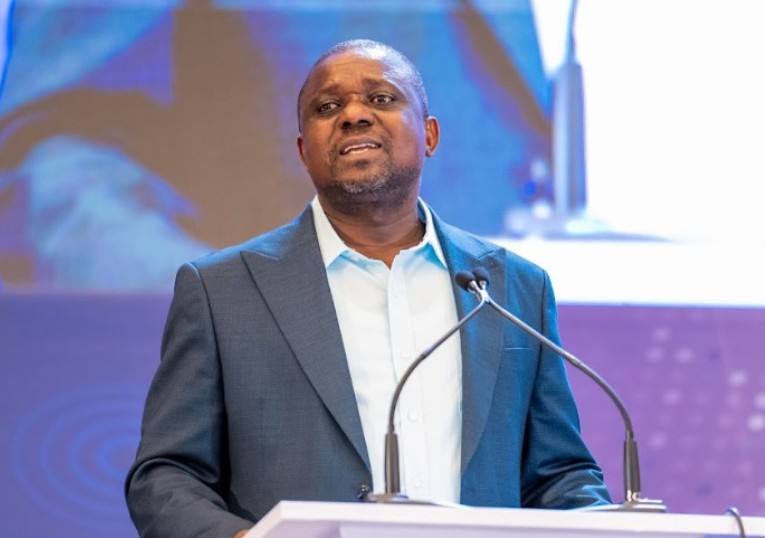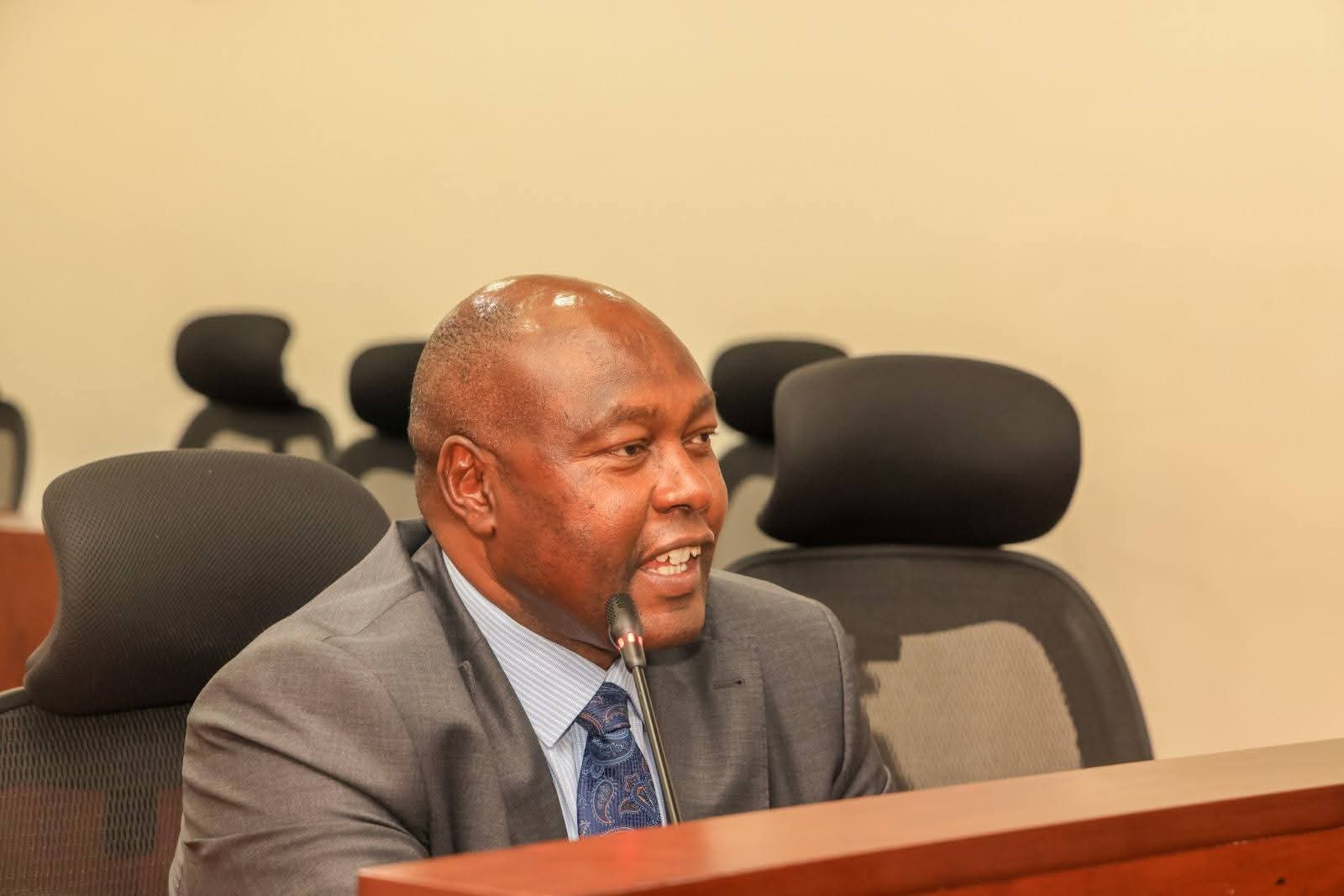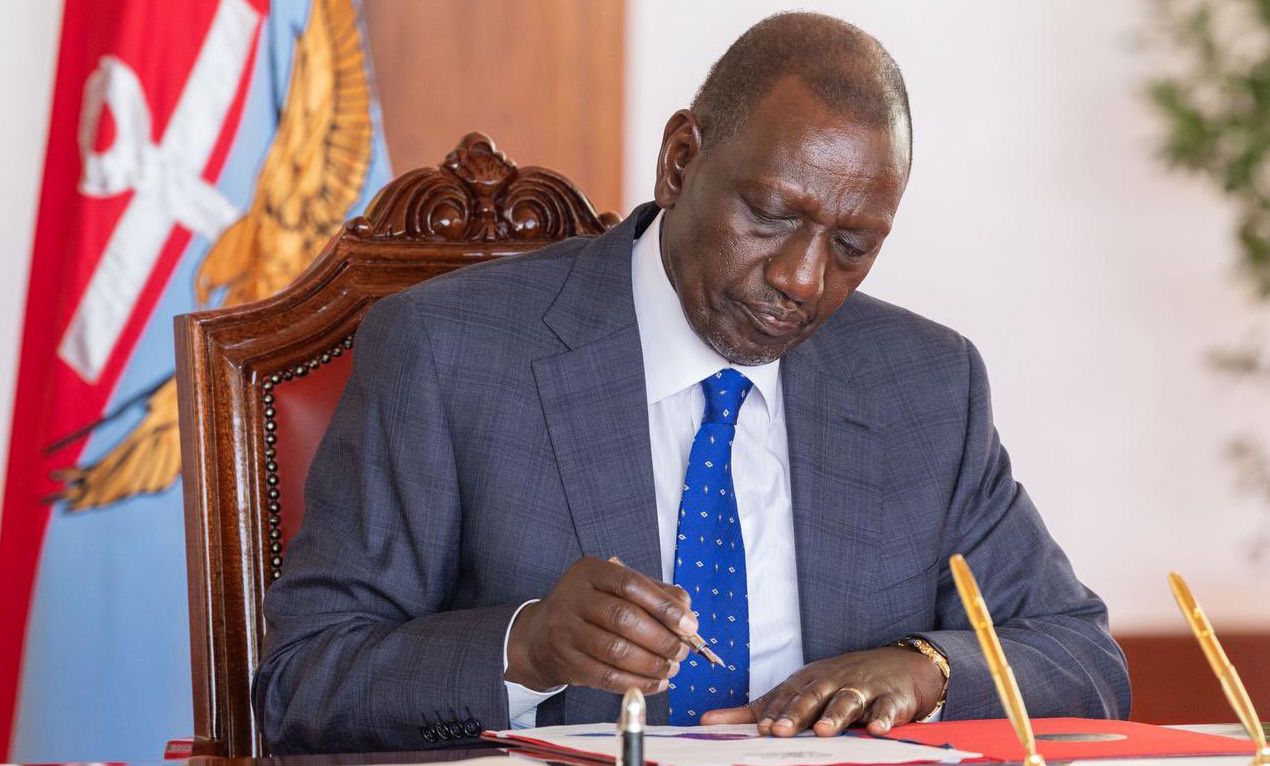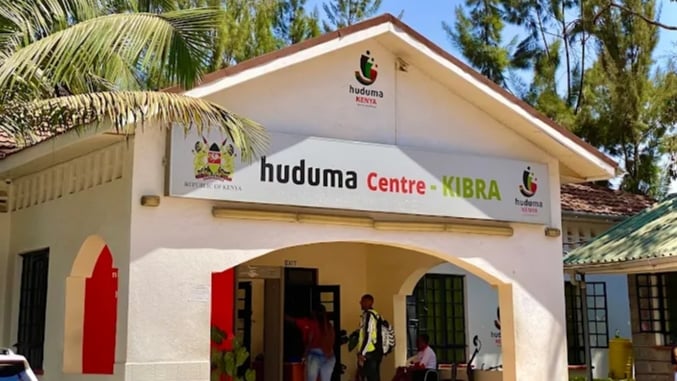In our segment of #KenyaWomenSeries, we feature, Jane Karuku, the Group Managing Director and Chief Executive Officer at East African Breweries Limited (EABL).
Jane, who considers herself very passionate about life, is action and results-oriented. Life and its challenges inspire her daily pursuits to be the best version of herself.
“My purpose is to grow people, so I am constantly challenging people around me to be better versions of themselves. As I mentor others, I also learn from them and get mentored on the go. Away from work, I am an active sporty person who enjoys playing golf. Occasionally, you will find me making a sumptuous meal for my family,” She said.
Throughout her working life, Jane has served in various senior management positions across diverse sectors; fast-moving consumer goods, telecommunications and Non-Profit sectors. In this interview, we sit down with Jane to learn more about her journey and some of the lessons we can pick from her polished career life.
1. You have a polished career journey; kindly highlight some of your significant achievements and the surrounding events?
Read More
I am a great believer that the foundation a parent sets for their child is important. A good education is the foundation of a progressive career, and leadership begins at home, then it is cultivated in school; primary, secondary and university.
I am, therefore, grateful to my parents, who were great cheerleaders. They pushed my siblings and I to attain a decent education, which made us dream big. They also disciplined us, which we only appreciated in hindsight.
Life has taught me that success is embedded in being disciplined, besides finding the right fit in terms of a workplace and being in the right organisation that trains someone to grasp the requisite skills.
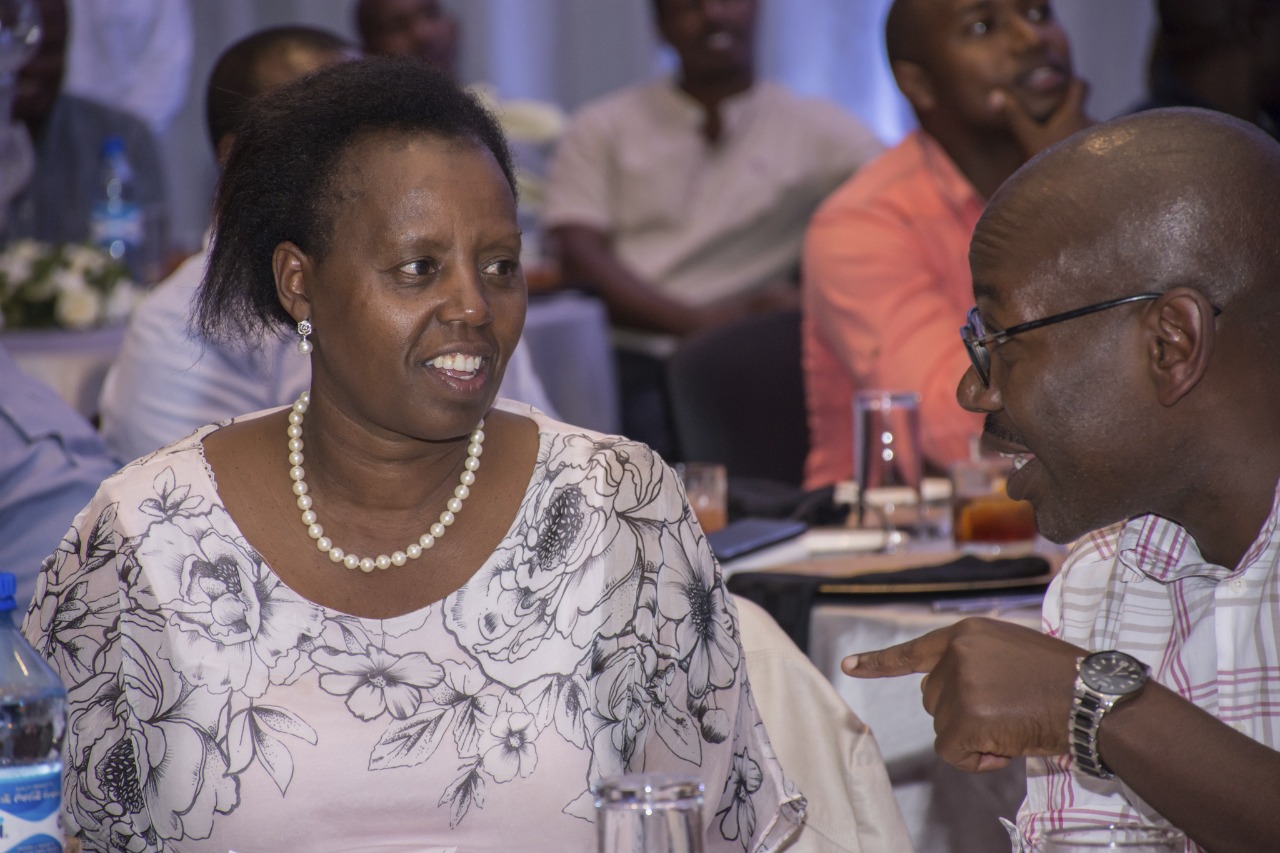
Jane Karuku, the Group Managing Director and Chief Executive Officer at East African Breweries Limited.
My entry into the world of work began at Kenya Co-Operative Creameries Limited (KCC) as a management trainee. This was where I learnt the virtue of work ethics. Shortly afterwards, I became a mother and took a career break to raise my family. I have two children whom I am proud and fond of. During this period, I enrolled for an MBA in the United States, an experience that enhanced my self-confidence by virtue that I could cope with both parenting and schooling.
Upon completion of my studies, I returned to Kenya and served as a Brand Manager. After which, I went back to serve as an Operations Manager. I was only 30 years old. My goal was to sharpen my leadership skills. It was a tough job, and I had to think through the change management process. I wanted to make a mark but knew acceptability was a challenge.
I struggled with acceptability for a while. But I knew we had to do something. So we opted to bring in some vibrancy through our paintwork. And we achieved our goal. We sent a message that things were changing.
The factory had no women employees, so we began recruiting some. Then the culture at the factory transformed. With time, I learnt the challenges that plagued the factory; health and sanitation were a priority. So I addressed the dietary challenges by changing the menu at the canteen and the staff’s uniforms. These brought a turnaround to the factory. Believe me or not, this simple gesture increased productivity. By the time I left, we had achieved splendid success.
That experience affirmed that as a leader, it is important to endeavour to embrace your unique gifts as a woman. I knew early on that the success factor was not how I would draw strategies for the business; anyone can do that. But the success factor is in how I am accepted as a leader and the influence I have on my team.
This is key for any leader because you can’t lead if you have no followers. So my strategy was listening to the staff and ensuring that I met them halfway. In turn, they became my biggest supporters and fans.
After five years, I progressed to Managing Director East and Central Africa at Cadbury’s. I served in this capacity for 13 years; before the company was acquired globally. So I left for Telkom, Kenya, where I worked for three years before moving to the Alliance for a Green Revolution in Africa (AGRA). It was during this time that I joined the EABL Board. Soon after that, an opportunity to serve as KBL Managing Director came, and I took it with a stride. This year, I got an opportunity to transition to EABL’s Group MD and CEO.
I have enjoyed working for EABL. We have a team of great people, great brands, and most importantly, we are proud of our role in society. If we think about ourselves from grain to glass, we have over 60,000 farmers who are our suppliers and an ambitious target to buy 80 per cent of our raw materials locally. With more than 2,500 workers and seven factories across East Africa, EABL contributes about 1 percent of Kenya’s GDP, which is no small fete.
From a capitalisation perspective, EABL has been one of the top five companies in the region in the last five years, and we are the number one excise duty taxpayer in Kenya. Diversity and inclusion is a value we champion for by endeavouring to promote gender equity.
We are keen on having a role modelling mentorship programme. This is a powerful way to empower young men and women into leadership and empower them to overcome unconscious bias.
For me, serving at EABL is a calling. This is a business that is integrated to improve the lives of the communities we operate in. When you work at EABL, you work for more than a salary because we serve a considerable ecosystem; from the farmers who provide oats and barley, the bar owners and distributors, and butchery guy and mama mbogas who sell the ingredients that make a delicious meal that many people prefer to take before consuming alcohol.
All these are people that EABL has a direct impact on their livelihoods, and they are also employing others along the way and contributing to the growth of the economy. It is an absolute honour to serve at EABL.
2. Please share with us some key lessons that you have learnt along the way as a woman in Senior Management through your experience in diverse sectors; fast-moving Consumer goods, Telecommunications and Non-Profit sectors.
I am a leader, and whenever I take up a role, I do it gender blind. I don’t take up a role thinking that I am a woman. I am a leader, fullstop. If you think of yourself as a woman leader rather than simply a leader, you are likely to self-sabotage. And many things sabotage women as they go up the career ladder. Some of them include:
I. Unconscious bias- Sometimes, women write themselves off from working in specific industries because they think those are a preserve for men.
II. Recruiting bias- Organisational leadership can be biased when hiring leadership roles by going for people who look like them, and often it is likely to be a man. At EABL, we train all departments on unconscious bias. We have also been intentional about diversity and inclusion and given departments targets. For example, we hope to achieve a 50/50 hiring threshold by 2025. This doesn’t mean we are going to hire incompetent people in the name of gender equity. Diversity and inclusion are critical for us because our consumers are 50 per cent female and 50 per cent male, and this also needs to be reflected in our staffing.
III. Lack of mentorship. Mentorship helps to grow talent. A good mentor will tell you off and encourage you in equal measure. My encouragement to women is to seek mentors but also mentor other people. I am intentional about mentorship and do it for individuals and groups, both within EABL and outside the organisation. By being intentional about mentorship, I have learnt that;
Mentoring is always around you. If you look keenly, you will see it. Still, sometimes it also happens without your awareness-it is situational, e.g. from a waiter/caddie who is passionate about their job or even an employee who is very self-driven.
There’s always someone who is better than you. As a mentee, you must open yourself to learning from others and be careful about being decisive on what aspects you would like to be mentored on. Here is the reason.
We all have blind spots, and other people can see areas you need mentorship in. But if you are too rigid, you may miss out on that. In addition, your own judgment may not be accurate, so emotional intelligence is important and the need to be open to feedback.
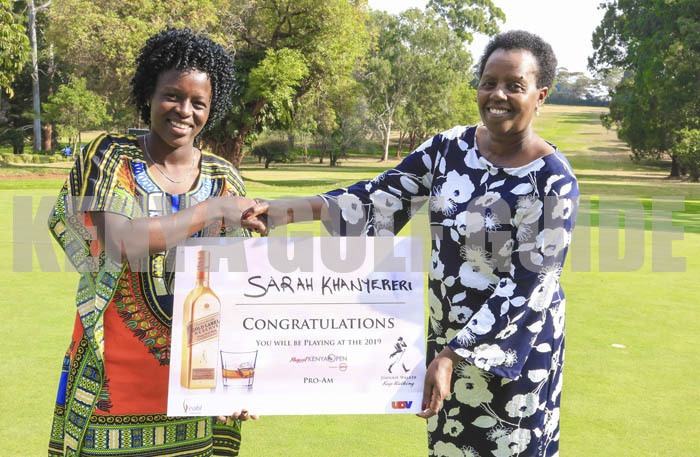
So many people want mentorship but are they ready for it? Sometimes when you give people mentorship with sincerity, they say you are too rough. Mentorship is complicated because it is candid feedback, and many of us have grown up struggling with receiving feedback.
3. Using your own life experience, are there any lessons on encouraging women to a greater awareness that they can break barriers, influence, and occupy decision-making positions?
a). As a woman, you must equip yourself with the proper competencies. Learning and self-growth is continuous process. As a minority group, women are constantly faced with challenges, and some are cultural barriers. This means you will have to work harder than your male counterparts. Don’t expect to work the same way as the menfolk and expect recognition.
b). Learn to grow your influence. This is a style I have adopted over time. I am open, and I talk to everyone rather than building hierarchical walls around me. It allows me to have greater influence in a subtle and non-threatening way. You also get to learn about what is going on in an organisation.
c). Cultivate high emotional intelligence. Women get tripped a lot and judged because of low emotional intelligence. Develop high emotional intelligence so that you do not get discredited because of your emotions. Remember, leadership is about capability, knowing what to do, and the competence to drive an organisation. And this you can only achieve by your ability to influence and gain followers. Women should strive to be credible by being authentic, self-aware, capable, and having a high IQ.
d). Have a feedback mechanism with people you trust who will give you feedback on the go so that you know how you are doing. Feedback differs from noise, and the biggest differentiator is that feedback helps you achieve your strategy while noise is a distraction. If it does not align with your development agenda and does not add value to improve our results, then learn to ignore it; that’s noise.
e). Encourage working in teams, it brings diversity and with the benefit of many minds you get new and excellent ideas. As you do that, build trust across the spheres of influence. Always seek to remain authentic.
4. Well, yours is a polished career life. You have earned some wisdom along your journey. What lessons do you have for the younger generation who are starting off their career journey? What life nuggets must they be alive to?
There are so many, but the ones that come top of my mind are:
Never stop learning. You can never ”arrive” in life. Life is a lifelong learning process, and you need to build your competencies all the time.
Build teams around you. It is impossible to achieve success in anything by yourself. Surround yourself with people who are better than you and work together to achieve the goals you desire.
Be a whole person. There are many aspects about you. Strive to embrace them all and be comfortable in your skin.
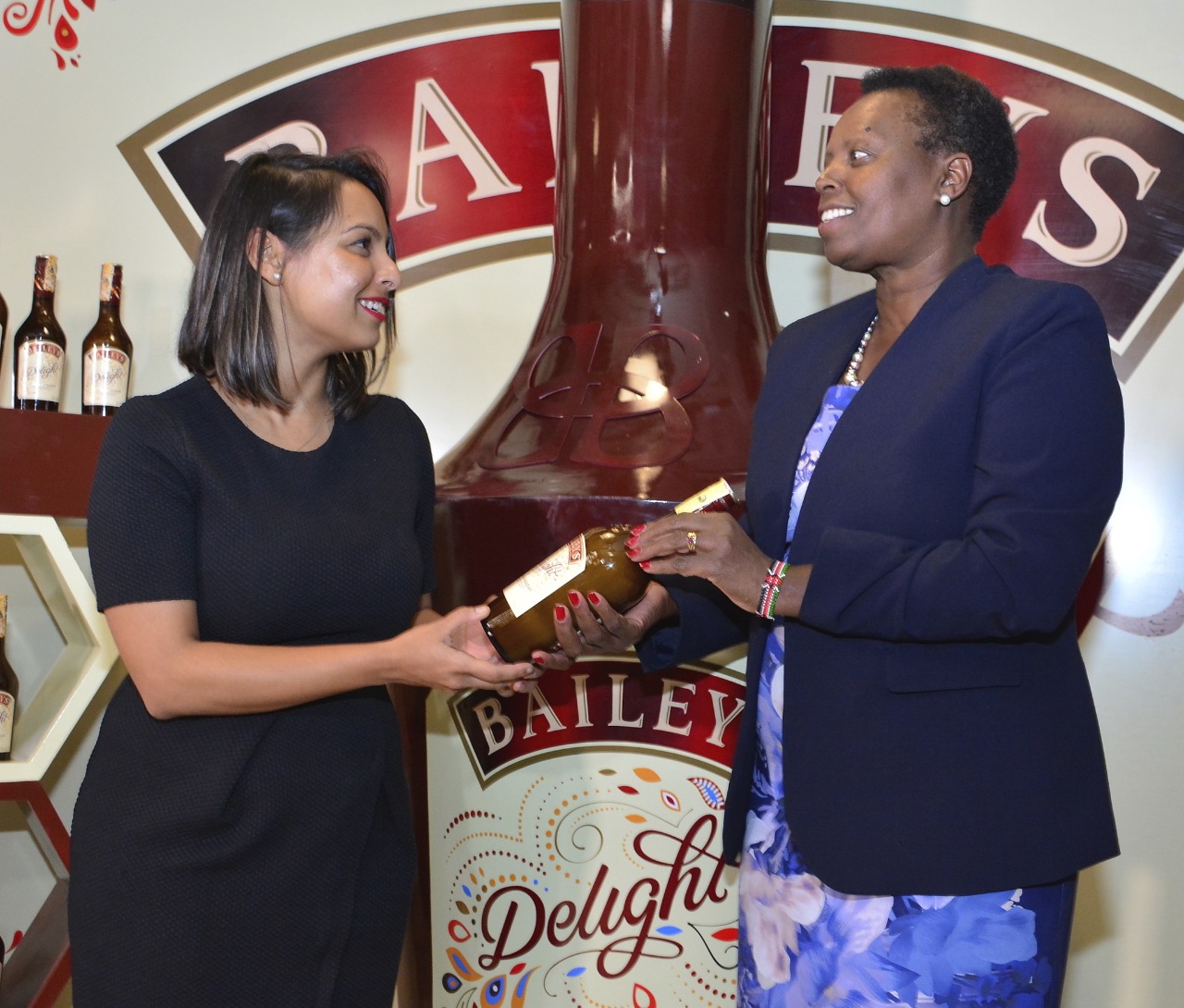
5. Kindly share with us some of your key life values that guide the way you live and work.
Humility. It keeps me grounded so that I am not caught up chasing after titles. You know, most of us spend time on the roles we play other than who we really are and the things that matter to us in life.
Authenticity. Being authentic helps us to be true to ourselves. I do not get stressed about what I say so that I can keep up with it. When it comes to Jane Karuku, what you see is what you get, in all sense.
Any parting shot?
I want to remind women that we should not wait for a license to operate. Nobody owes us anything, so we need to learn to take up opportunities that bring us to the decision-making tables.
Begin by equipping yourself from a competence perspective; technical and leadership. Then get a mentor or a coach to affirm you. Finally, and this is very critical. Do your best to live a balanced life. In most instances, if you are not comfortable with certain aspects of your life, you can easily sabotage yourself at work, hence the need to always find a balance. With every role you play in life, do not think of yourself as a woman first, but always strive to have people see you as a leader who happens to be a woman.
Women have always played a very significant role in our lives since time immemorial. Most of us can attest to having a grandmother, whether literate or illiterate, who was/is very important in their lives. In many homes, grandmothers were the most powerful women. They made decisions for their families. This just attests that women are natural leaders. Therefore, let’s strive to see leadership from our ability to influence. We, therefore, collectively as women, need to own and be proud of our innate power. We are capable, and yes, we can.
By Patience Nyange and Esther Kiragu


